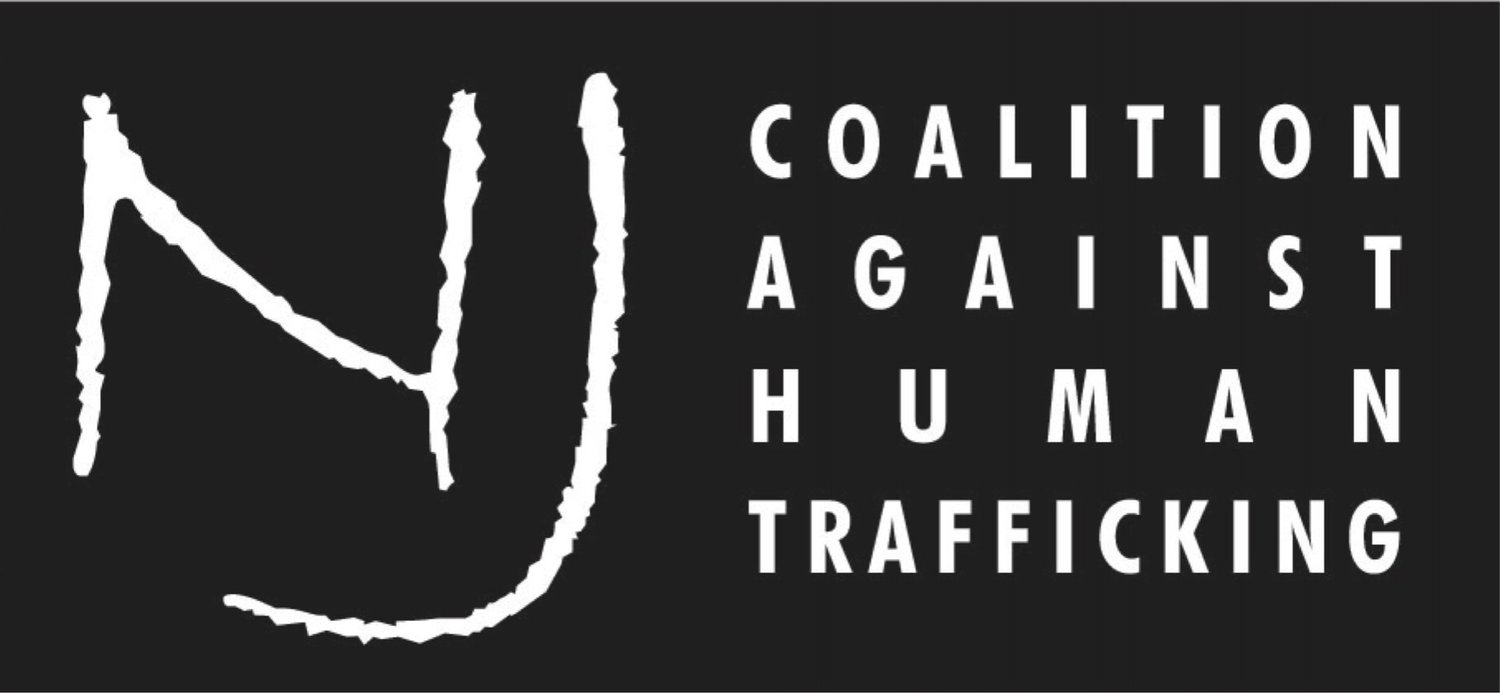Headline
US: Nigeria, Niger improving anti-trafficking efforts

Niger and Nigeria have improved their efforts to fight human trafficking, but still do not meet the minimum standards required, the U.S. government said on Thursday in its closely watched annual assessment of how countries are performing. The U.S. State Department upgraded both West African nations in its 2019 Trafficking in Persons (TIP) report, which sorts countries into three tiers based on their efforts to fight trafficking.
Their move from Tier 2 Watch List to Tier 2 means they are no longer under special scrutiny and at less risk of falling to Tier 3, which can trigger United States sanctions. The report credited Nigeria with ending the use of child soldiers by a government-supported armed group and initiating prosecutions against seven government officials allegedly complicit in trafficking. Niger convicted more traffickers, trained more law enforcement officers and coordinated with traditional leaders to rescue child victims of forced labour, it said.
But it urged Nigeria to crack down on complicit members of the government and military and Niger to withdraw support from armed groups that use child soldiers. “I believe Nigeria made significant progress in every ramification,” Julie Okah-Donli, head of the National Agency for the Prohibition of Trafficking in Persons, told the Thomson Reuters Foundation.
Nigeria almost tripled the number of arrests, prosecutions and convictions for trafficking last year, she said. Niger’s government spokesman could not immediately be reached for comment. Both nations are source, transit and destination countries for victims of forced labour and sex trafficking, while Niger also has traditional slavery perpetuated by tribal leaders, according to the report. “I think Niger has made a lot of progress,” said Mohamed Mogaze, national coordinator for Nigerien anti-slavery organisation Timidria.
He cited an appeal court ruling this year that a long-standing tradition of enslaving women known as “fifth wives” was illegal and a government move to make June 8 a national anti-slavery day. “It’s very positive that the government is willing to engage on slavery, even if it has a long way to go,” said Jakub Sobik, spokesman for the British charity Anti-Slavery International.
“We hope Niger will use it as a springboard to implement policies and send a strong message that no form of slavery is acceptable in the country any longer.” Anti-slavery activists in Nigeria also applauded the government’s efforts but said a lot remains to be done. Africa’s most populous nation is one of the top source countries for girls trafficked to Europe for sex work, which tends to overshadow the bigger problem of internal trafficking, said Debbie Ariyo, an anti-trafficking expert based in Britain.
“One of my issues is that there seems to be a lot of push from outside Nigeria,” said Ariyo, adding that Britain and Europe had poured money into anti-trafficking programmes in Nigeria in recent years. “The government needs to take complete ownership of this issue and make it a national priority area,” she told the Thomson Reuters Foundation. Several activists said anti-trafficking efforts were too concentrated in Edo state, the main hub for women trafficked to Europe, but neglecting the rest of the country.
An overall trend this year was that countries are neglecting trafficking of their own citizens within their borders, which is the case for 77 percent of victims, according to the report. Elsewhere in Africa, Congo Republic and Gabon were upgraded from Tier 3 to Tier 2 Watch List.




 Davido's Net Worth & Lifestyle
Davido's Net Worth & Lifestyle 
